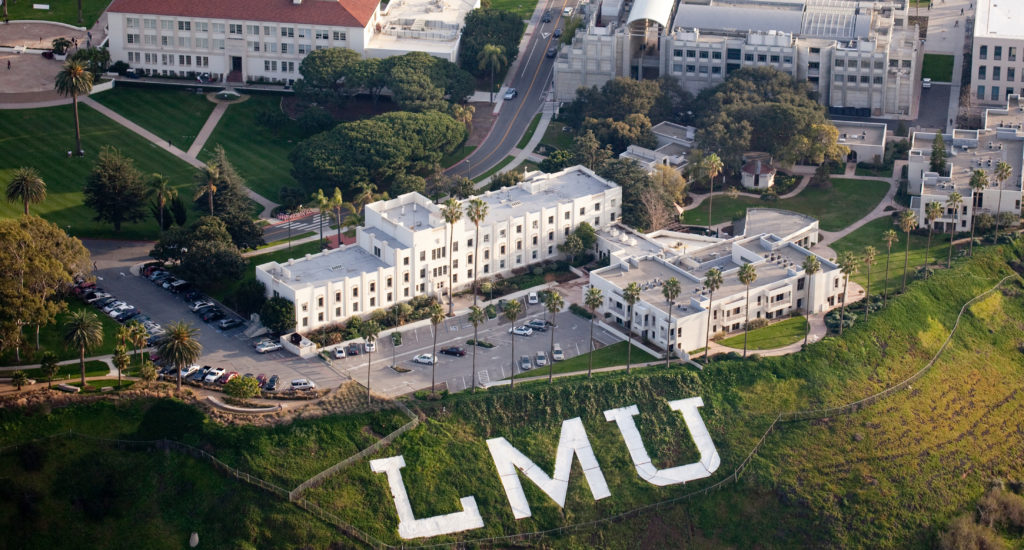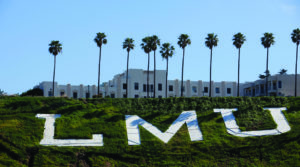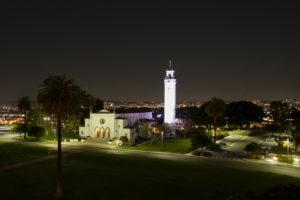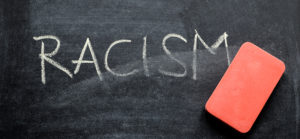By Kienan Taweil,
Program Coordinator for Muslim Student Life
Last week, our hearts shattered having seen the videos and the news of the explosion at the Port of Beirut, the capital of Lebanon. The cause of the explosion of a warehouse of confiscated explosive ammonium nitrate has yet to be determined, however, the consequences have been destructive on the city and its residents. The explosion killed 220 people, so far, wounded 6,000, and left 300,000 homeless. The search for those trapped under the rubble continues. This comes as Lebanon struggles in the fight against the COVID 19 pandemic while facing a serious economic crisis with the crash of its currency and massive inflation.
This explosion cannot be viewed in isolation of Lebanon’s recent history. The modern Lebanese state inherited a political system from its colonial predecessor, the French Mandate of Syria and Lebanon, wherein power was divided along sectarian lines. This means that power was shared and distributed between the different religious groups that coexist in Lebanon. The president must be a Maronite Catholic; the prime minister a Sunni Muslim; and the speaker of parliament a Shi`a Muslim.
Lebanon gained its independence from France in 1943. Since 1948, Lebanon has taken in 475,000 Palestinian refugees. The country suffered a civil war from 1975-90 that left about 200,000 dead. It has endured Syrian and Israeli invasions and occupations. The people of Lebanon have seen many of their leaders and prominent thinkers assassinated for asserting the sovereignty of their nation. The most infamous example was the assassination of former Prime Minister Rafic Hariri in 2005 in a massive car bombing in Beirut. The 2006 July War between Hezbollah and Israel further devastated Lebanon leaving destruction and more than 1,000 Lebanese dead. Most recently, Lebanon, a country of less than 5 million people, saw an influx of 1.5 million Syrian refugees escaping the violent war that has raged in Syria since 2011. For perspective, Lebanon’s area is only 4,036 square miles compared to Los Angeles County, for example, whose area spans 4,751 square miles.
On top of this tumultuous political history, the Lebanese government has been ruled by many corrupt warlords who largely drove the 1975-90 civil war with their militias and escaped prosecution. These same warlords have allied themselves with regional powers and they have conveniently transitioned their militias into political parties that continue to dominate parliament till this day. They serve their own interests and the interests of their backers over the welfare of the Lebanese people.
Since October 2019, protests have erupted in Lebanon demanding an end to their broken political system. They have called for an end to the endemic corruption of the ruling class; an end to the colonial sectarian political system; and for the government to address serious challenges facing the people such as poverty and unemployment. The Lebanese have faced issues around basic services like interrupted electricity in their homes; in 2015, the closure of a waste dump caused a massive trash crisis when trash was not collected for months. The unifying cry of the Lebanese in the latest ongoing protests has been: All of them means all of them. They intend to hold all leaders in the ruling class responsible for their failure in serving their citizenry.
The explosion on Aug. 4, 2020 was yet another destructive blow to the Lebanese people who have already endured so much tragedy. In the Arab world, the Lebanese are known to be resilient for overcoming all these challenges. They say Lebanon is like a phoenix, always rising from the ashes time and again. However, we must ask, how many times must Lebanon rebuild? How many more times must it rise from the ashes? How much more can the Lebanese people take?
Protests have erupted in Lebanon yet again following last week’s explosion demanding that the authorities who allowed explosives to be stored in a warehouse at the Port of Beirut, near residential areas, to be held accountable and prosecuted. Those in the ruling class and their supporters refuse to accept such a challenge to their authority and have already met the protests with resistance.
I turn to the words of the greatest Lebanese American for comfort, the poet Kahlil Gibran. In a famous poem titled “You Have Your Lebanon, I Have Mine”, Gibran wrote, “Your Lebanon is an old man who, fingering his beard and knitting his brows, thinks only of himself. My Lebanon is a young man who stands like a fortress, smiles like the dawn, and is aware of other people as of his intimate being.” The future of Lebanon ultimately lies with its youth who will forge a new destiny for their nation out of the ashes of this tragedy.
Lebanon is a part of us all. In the Old Testament, we read, “The righteous will flourish like a palm tree, they will grow like a cedar of Lebanon” (Psalms 92:12). It is a biblical land wherein prophets such as Noah, Jonah, and Joshua (peace be upon them all) are buried. It is a land wherein empires and civilizations have crossed paths. This is why we must all care about Lebanon.
St. John Paul II, the late pope, said, “Lebanon is more than a country; it is a message of freedom and an example of pluralism for East and West.” Known for its status as a cultural hub and its freedom of press, Beirut was honorifically known as the Paris of the Middle East in the mid-20th century and it has the potential to be such a shining city on a hill yet again. I am reminded of the late pope’s example of his visit to the Umayyad Mosque in Damascus, where he kissed the Quran and expressed the importance of interfaith unity. His words about Lebanon remind me of the verse in the Quran which says, “O mankind, indeed We have created you from male and female and made you peoples and tribes that you may know one another. Indeed, the most noble of you in the sight of God is the most righteous of you. Indeed, God is all knowing, all aware.” (Quran 49:13).
These words of unity and of finding blessing in our diversity as human beings is what gives me hope. We must not succumb to the forces of division which strive to tear us apart. I have hope in the youth of Lebanon who will reclaim their country for the benefit of their generation and generations to come. The youth have been the ones to look beyond the divisive rhetoric of sectarianism and tribal politics to say enough is enough. They are fighting for the Lebanon of Kahlil Gibran, a Lebanon for the Lebanese, a Lebanon free of foreign meddling, a Lebanon marked by coexistence. I pray that Lebanon’s youth will prevail in their struggle for a better future, inshallah, God willing.
As I write this reflection, I am reminded of words of the Lebanese singer and beloved Voix de l’Orient, Fairuz, who once sang, “From my heart, peace to Beirut.”
Our LMU community stands in solidarity with our grieving Lebanese brothers and sisters. We express our sympathy to them for this horrific tragedy. We ask God to have mercy on the lives lost and to grant them peace. We ask God to grant patience to the families who have lost loved ones. We pray for Lebanon and for its people. May God, who is the source of all peace, bestow His peace upon Lebanon.
My fellow Lions, I invite you all to consider donating to the charities operating on the ground in Beirut. Your help could potentially save lives. The Quran says, “And whoever saves the life of one person, it is as if he has saved all mankind (Quran 5:32). Some charities to consider donating to are:
Lebanese Red Cross
www.supportLRC.app
Caritas Internationalis
www.caritas.org/2020/08/explosions-in-beirut/
Jesuit Refugee Service
https://www.jrsusa.org?form=lebanonresponse
Islamic Relief
https://irusa.org/middle-east/lebanon/




